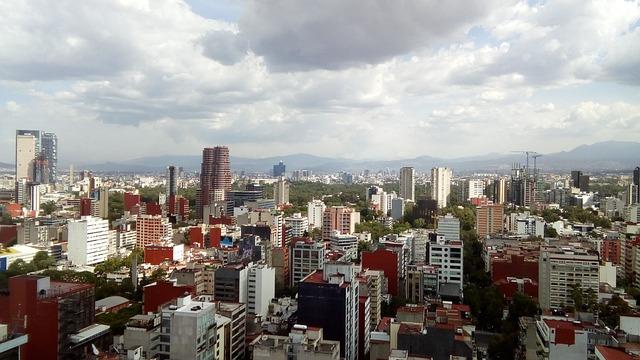The Politics of Urbanization in Pakistan
Urbanization in Pakistan has been a significant trend over the past few decades, bringing both opportunities and challenges. The rapid growth of cities, driven by factors such as migration, economic development, and policy decisions, is deeply entwined with political dynamics. This article explores the politics of urbanization in Pakistan, examining how governance, economic policies, and social issues shape the urban landscape.
Understanding Urbanization in Pakistan
As one of the fastest urbanizing countries in the world, Pakistan’s urban population has skyrocketed from 29% in 1998 to over 36% in 2023. Major cities like Karachi, Lahore, and Islamabad have experienced unprecedented growth. But what does this mean politically? Below are some key factors:
- Migratory Trends: Rural to urban migration fueled by seeking better economic opportunities.
- Economic Reforms: Policies aimed at industrialization and service sector growth have concentrated jobs in urban areas.
- Political Influence: Urban centers often play a significant role in shaping political power dynamics and electoral outcomes.
The Political Dynamics of Urban Growth
Urbanization in Pakistan is not just a demographic shift; it’s a political battleground. Key political issues include:
1. Governance Challenges
Many urban areas often suffer from inadequate governance, which results in:
- Overcrowding and inadequate infrastructure
- Water scarcity and pollution
- Weak law enforcement and rising crime rates
2. Land and Property Issues
Land politics in Pakistan is complex, with power struggles over ownership and usage:
- Illicit encroachments and unauthorized settlements.
- Land deals often intertwined with political patronage.
3. Social Inequalities
Urbanization often exacerbates social divides, leading to:
- Disparities in access to services and housing.
- Marginalization of certain communities.
Case Study: Karachi
Karachi, the largest city in Pakistan, embodies the challenges and complexities of urbanization. With a population exceeding 20 million, Karachi faces critical issues:
Key Political Issues in Karachi
| Issue | Description | Political Impact |
|---|---|---|
| Water Crisis | Severe shortages and mismanagement. | Public dissatisfaction leading to protests. |
| Transport Infrastructure | Poor public transport and traffic congestion. | Frustration affecting local elections. |
| Waste Management | Insufficient waste disposal and pollution. | Influences urban health policies. |
Benefits of Urbanization
Despite the challenges, urbanization also offers several benefits, including:
- Economic Growth: Urban areas tend to be economic engines, attracting investment and innovation.
- Access to Services: Improved access to healthcare, education, and technology.
- Cultural Diversity: Cities become melting pots of cultures, enriching the social fabric.
Practical Tips for Sustainable Urbanization
To harness the benefits of urbanization while mitigating its challenges, stakeholders should consider:
- Implementing effective urban planning and zoning laws.
- Engaging communities in participatory governance.
- Investing in infrastructure development and public services.
Conclusion
The politics of urbanization in Pakistan is a multifaceted issue influenced by various socio-economic and political factors. As cities continue to grow, balancing the benefits of urbanization with governance and social equity challenges will require concerted efforts from policymakers, civil society, and citizens alike. Sustainable urbanization can pave the way for a more prosperous and inclusive Pakistan.



